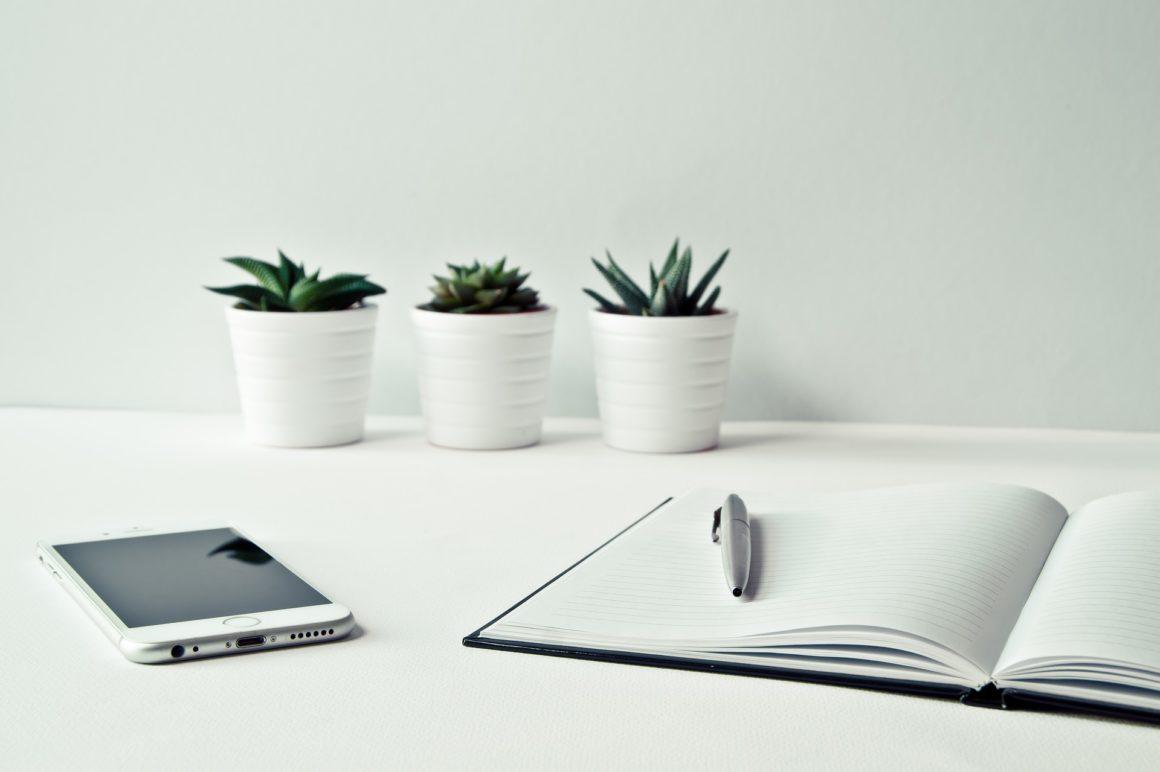
6 Clever Tips To Super Power your Journaling Practice
I started seriously journaling about two years ago and it’s changed me life. Yes, that’s a big statement so let me share the reasons why, how I started and how you can start yours too.
The Power of Journaling and How It Can Help You
My story isn’t special and you might be going through this right now. I had changed jobs, was working really hard to build my career, all while navigating through life as a mother of three. I was traveling around the globe – racking up 100,000 air miles a year (hello, Delta Diamond) – and had done so for the previous 10 years. I’m not sure that I can put my finger on the exact moment, but the universe started sending me strong messages that I needed to meditate and write.
Journaling (or keeping letters or diaries) is experiencing a renaissance right now. And I can see why. It’s powerful. It can help you keep a record of things you want to remember. What I’ve loved about it is that it helps me think through situations differently, calms my brain and has helped me rewrite my own models of reality. There’s a lot of evidence that this ancient tradition, which dates back to at least 10th century Japan, can help you.
- To get to know yourself better.
- Reduce stress.
- Get in touch with your thoughts and feelings.
And here’s the best thing. People who journal are healthier. Making you less likely to get sick and if you do, to recover faster. One study showed that writing for 20 minutes a day three to five times over the course of a four month period was enough to lower blood pressure and have better liver function. If you want to enjoy your joyful quest to create a life well lived, try these five tips and tricks.
How to Jump Start Your Journaling
1. Take the Pressure Off
If you’re anything like me, you do a lot of planning, researching and organizing. You’ve got the kids’ schedules coordinated like the boss you are. Your team’s projects are humming along. Surely journaling will need the same level of planning, the right notebook, a brilliant app, an embellishment pen, a brush pen, a pack of 12 fineliners?
I hate to break it to you, but nope. Just take a breath. Find a quiet corner. Open your phone, your tablet, your computer. Or take out that notebook that’s kicking around in the bottom of your bag. Grab one of the kid’s old composition books (you know what I mean, the ones with 5 pages of math calculations and 95 pages of unused lined sheets that go into the recycling at the end of the school year). And remove any judgment about what your journal will be.
You can be successful if others don’t believe in you, but you cannot be successful if you don’t believe in yourself.
John Maxwell
2. Build the Habit
I started journaling on an old laptop computer using a Google docs file. I didn’t want anyone to know or see my deepest thoughts. Some days I wrote a lot. Some days I literally wrote, “I’ve got nothing today”. But I started.
Everything begins with a thought.
What we think determines what we do.
We can change the way we think.
And after a few months, I began writing in an old, ruled notebook that I carried everywhere I went. I would write the thoughts. I realized that I didn’t know anything clearly unless I set it in writing. And then this let me evaluate my thinking.
Some days, I wrote with an amazing flow. Some days I read back to my previous writing, slowly culling the bad thoughts and improving on the good thoughts so they became great ideas.
There are different ways to find habits that work for you. I’ll share some of mine. These might work for you. They might not. But have patience to try out different tactics until you find the right one for you.
Journal in the Morning – while many people try to journal at the end of the day to recap their day, I prefer using the process of journaling to clean my brain and get ready for the day ahead. I tend to wake up early, meditate and then journal. This also helps me prepare for difficult meetings or a busy day.
Work Out the Best Media – having both tapped and written a journal for years now, I’ll confess I prefer using a physical notebook. The flow of writing seems to help me embrace the thought, allow deeper critical thinking and problem solving. But if you’re an app type, iMore has shared some of the best ones here.
Write in Whatever Form Suits You – your journal doesn’t have to be a thesis. In fact, I have days where I’ll write a couple of sentences or bullet points.
3. Use a Template
There are no hard rules here. The way you write your journal is up to you. Sometimes the most difficult part of journaling is staring at a blank page and wondering what you’ll write about. Some popular journals such as the High Performance Planner by Brendon Burchard have daily, weekly and monthly pages. The daily pages focus on intentions, goals and priorities. It also lets you document the day’s wins, lessons and gratitude and even score yourself on six habits that have been correlated with long term-success. The Bullet Journal Method by Ryder Carroll lets you track your past, order your present and plan your future.
Personally, I continue to use a lined notebook. I love the look of leather journals like this one because it’s easy to refill. If you’re into beautiful artistic journals you can find them with hand painted art covers or check out my free template to focus your thinking at the beginning of the day. Print out a few of them, punch holes and pop them in a binder, and let them guide you.
With my journal, I always include the date and sometimes even the time and location. I’ll let the pen flow across the page and once the words have transferred from my brain to the page, finish by writing sentences related
4. Weave the Practice into Your Day
Let me share a secret with you. I journal anywhere, anytime. On the plane, yes. Sitting in the car waiting for my kids to finish their activities. You bet. Some days you might find you just “need” to journal. Maybe you’ve had a tough meeting. Or you’re having one of those days where you just need to reset the stories we tell ourselves and reframe them. I’ve written a post about How I used Meditation to Rewire my Brain here, which might be interesting to you.
Ideally, it would be lovely to start your journaling with an entrance meditation or focused quieting. You can use visualization, music, deep breathing, or whatever works for you. If that isn’t possible and you’ve got a couple of minutes between meetings, then that works too.
5. Reflect Regularly and Keep Your Journal
Journaling is particularly powerful in helping buffer emotions and stories we tell ourselves. You might think that the words you write in your journal can be thrown away but they are quite the opposite. As you write, write quickly. Keep that pen moving. And once you’ve started, don’t over think it or rewrite it.
Tell yourself the truth. Even if it seems harsh.
And whenever you feel like it, go back and read your journal. You might be surprised by the strength of your emotions or the way you viewed the situation. I have found reading my old journals rewarding, too. It helps me appreciate what I have and helps me think about new positive experiences that I can plan for, and have achieved.
If you read your journal, you will also see how much you’ve grown and improved yourself.
Small wins generate meaningful progress.
Tom Rath
When you add positive energy to your day, it will pour over into your mission. Your calling. We get results only when we take what we’ve learned and put it into action. Your capacities build in layers, not isolation. So the more you can proactively deal with emotions, the better you can understand, appreciate and growth through struggles.
Key Takeaways
Everything begins with a thought. And what we think determines who we are and our destiny.
Journaling can be an amazing way to change the way you think by valuing good thoughts while not allowing highs or lows to control your life. Start fresh every day and keep going.
If you’ve been having trouble getting started, try some of these tips. This way you’ll be making the choice to lean towards joy. When joy becomes your priority, everything changes.
Have you started journaling yet? What have you enjoyed the most about the process?





